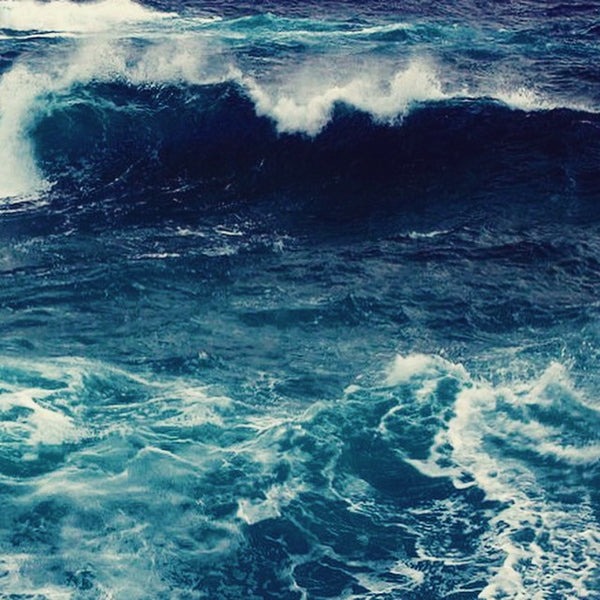THE MICROBEAD INVASION

Have you spotted any of those tiny little coloured flecks in your toothpaste or household cleaner? Or maybe in your skincare products? They are microbeads and they are causing an ecological headache.
Here's why... The issue Microbeads are tiny pieces of plastic that are added to everyday cosmetic and household cleaning products such as face wash, facial scrubs, toothpaste and abrasive cleaners. Sometimes they play a role in the cleaning process, but often they are just there to make the product catch our eye. They are most frequently made of polyethylene but can be of other petrochemical plastics such as polypropylene and polystyrene – all of which take a very, very long time to decompose. The issue is that when they go down the drain they end up in our river system and eventually in our oceans where they bob around causing a hazard to the ecosystem. The researchers say that 8 million tonnes of plastic now enters our oceans every year. These tiny particles end up in the stomach of fish (which we then eat by the way). All in all - an eco nightmare.
What you can do Many countries have already banned them and Greenpeace are leading the march to make sure the UK joins that list sooner rather than later. There are two things you can do now to help.
- Check out Greenpeace homepage and sign their petition to put the issue on David Cameron’s agenda and get the law changed (LINK: https://secure.greenpeace.org.uk/page/s/ban-microbeads?source=wb&subsource=20160114ocwb01)
- Don’t spend any more money on products that contain microbeads. Nature has its own exfoliators – salt and sugar for example, which wash away to nothing. A better choice for you and for the planet we think.
 Read more about the issue at Beat the Microbead
Read more about the issue at Beat the Microbead 

